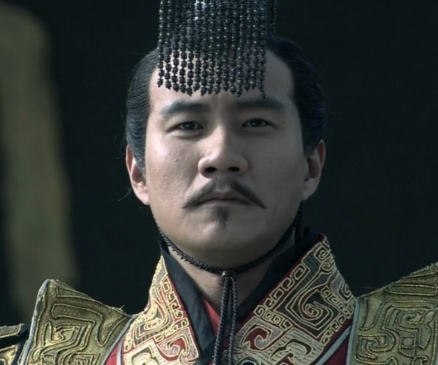Yang Jian, the Emperor of the Sui Dynasty, is a famous emperor in Chinese history. During his reign, he implemented a series of reforms, making the country politically stable and economically prosperous. However, the honorific title "Sage Khan" of Emperor Yang Jian is rarely known. This article will guide you to understand the historical implications of this honorific title.

I. Origin of the Honorific Title "Sage Khan" of Emperor Yang Jian
During his reign, Emperor Yang Jian adopted a policy of marriage alliances with neighboring ethnic groups to establish friendly relations. At that time, the leader of the northern Turkic tribe expressed his admiration for Emperor Yang Jian's wisdom and bravery, and therefore granted him the honorific title of "Sage Khan". This title not only praised Emperor Yang Jian's personal qualities but also affirmed his governance.
II. Historical Implications of the Honorific Title "Sage Khan"
1. "Sage": In ancient times, a sage referred to a person with excellent moral character and wisdom, whose words and actions became models for later generations to learn from. Emperor Yang Jian being called "Sage" meant that his moral character and wisdom had gained the respect and recognition of the people.
2. "Khan": Khan is the title of the leader of the Turkic tribe, equivalent to the emperor in Chinese. The Turkic tribe was a powerful ethnic group in the north, and they established friendly relations with the Sui Dynasty. Therefore, the leader of the Turkic tribe gave Emperor Yang Jian the honorific title of "Khan", respecting his status.
III. Significance of the Honorific Title "Sage Khan"
1. Ethnic Solidarity: Emperor Yang Jian being honored as "Sage Khan" reflected the friendly relations between various ethnic groups at that time. This spirit of ethnic solidarity is of great significance for maintaining the stability and development of the country.
2. Cultural Integration: Emperor Yang Jian and the leader of the Turkic tribe exchanged honorific titles, reflecting the cultural exchange and integration between various ethnic groups at that time. This cultural integration contributed to promoting the common progress of all ethnic groups.
3. Historical Inheritance: The story of Emperor Yang Jian's honorific title "Sage Khan" has become a well-known historical tale handed down from later generations. This title not only highlighted Emperor Yang Jian's personal charm but also left us valuable historical heritage.
Conclusion: The historical implications of Emperor Yang Jian's honorific title "Sage Khan" are rich, reflecting not only the spirit of ethnic solidarity and cultural integration but also highlighting Emperor Yang Jian's personal charm. This title has become a well-known historical tale handed down from later generations, providing valuable reference for our country's construction today.
Disclaimer: The above content is sourced from the internet and the copyright belongs to the original author. If there is any infringement of your original copyright, please inform us and we will delete the relevant content as soon as possible.































